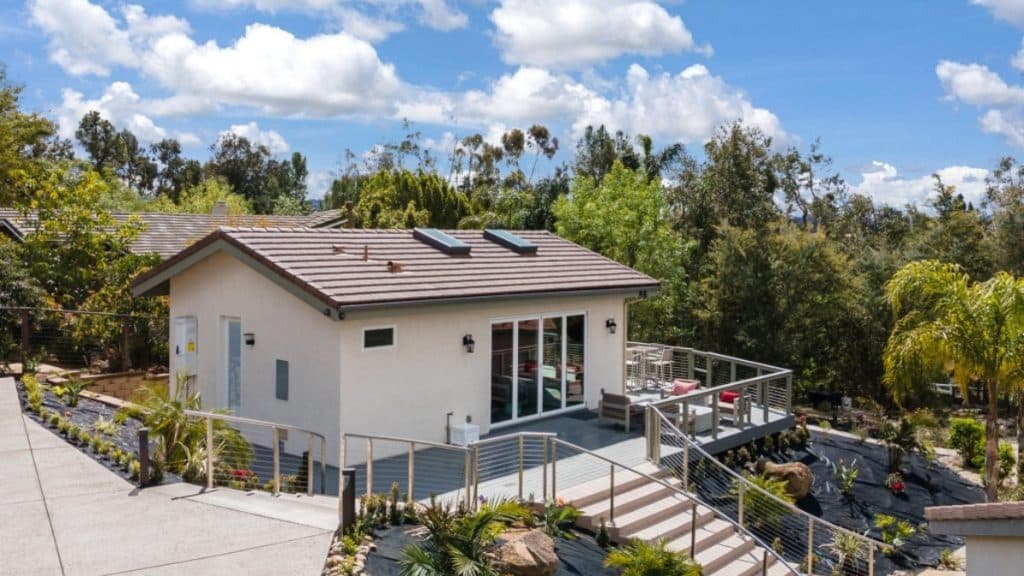1. Additional Income
One of the most attractive reasons for homeowners to build an ADU is the potential for additional income through rent. Given their size and independence, ADUs can be rented out to tenants, providing a steady source of revenue. This is particularly appealing in high-cost living areas where affordable rental options are scarce.
2. Housing Flexibility
ADUs provide significant flexibility in housing. They can serve as a home for aging parents, allowing for close proximity while maintaining privacy. Similarly, they can be a stepping stone for adult children transitioning into independence. Moreover, homeowners can also use these structures for personal use, such as home offices or studios, particularly relevant in the age of remote work.
3. Increased Property Value
Adding an ADU to a property can increase its overall market value. These units add functional living space, which is attractive to potential buyers who might see it as an opportunity for rental income or as additional living space for family members.
4. Community and Environmental Benefits
ADUs contribute to denser living within urban and suburban areas without the need to alter community character significantly. They make efficient use of existing land and infrastructure, which is a more sustainable approach to urban development. By increasing housing stock in this manner, communities can combat urban sprawl and reduce commute times, thereby decreasing carbon emissions.
Considerations Before Building an ADU
1. Zoning Laws and Regulations
Before embarking on the construction of an ADU, it is crucial to understand the local zoning laws. These regulations can affect the size, location, and features of ADUs. Some regions may have restrictions that could significantly impact the design and feasibility of your project.
2. Cost and Financing
Building an ADU involves significant financial investment. The costs can vary widely depending on location, materials, and labor. Homeowners should consider their financing options, such as home equity loans, personal loans, or specialty ADU financing programs that some financial institutions offer.
3. Choosing the Right Builder
Selecting an experienced and reliable ADU builder is critical to the success of your ADU project. A skilled contractor can navigate local regulations, optimize the design to fit your needs, and ensure the construction is up to standard. It’s essential to choose a builder who has a robust portfolio and understands the nuances of ADU development.
The Role of ADU Builders
ADU builders play a pivotal role in transforming your vision into reality. From the initial design to the final touches, these professionals work to ensure that your ADU meets your expectations and complies with all local regulations. Their expertise not only helps in avoiding common pitfalls during construction but also in maximizing the functionality and aesthetic appeal of the unit.
Conclusion
ADUs are more than just an extension of your home; they are a versatile solution to many modern housing challenges. Whether you’re looking to generate extra income, provide space for loved ones, or increase your property’s value, an ADU offers a compelling option. With the right planning and a skilled ADU builder, you can effectively enhance your property’s functionality and contribute positively to your community’s development. As housing needs continue to evolve, ADUs represent a sustainable and innovative solution that can address various demands efficiently and effectively.

